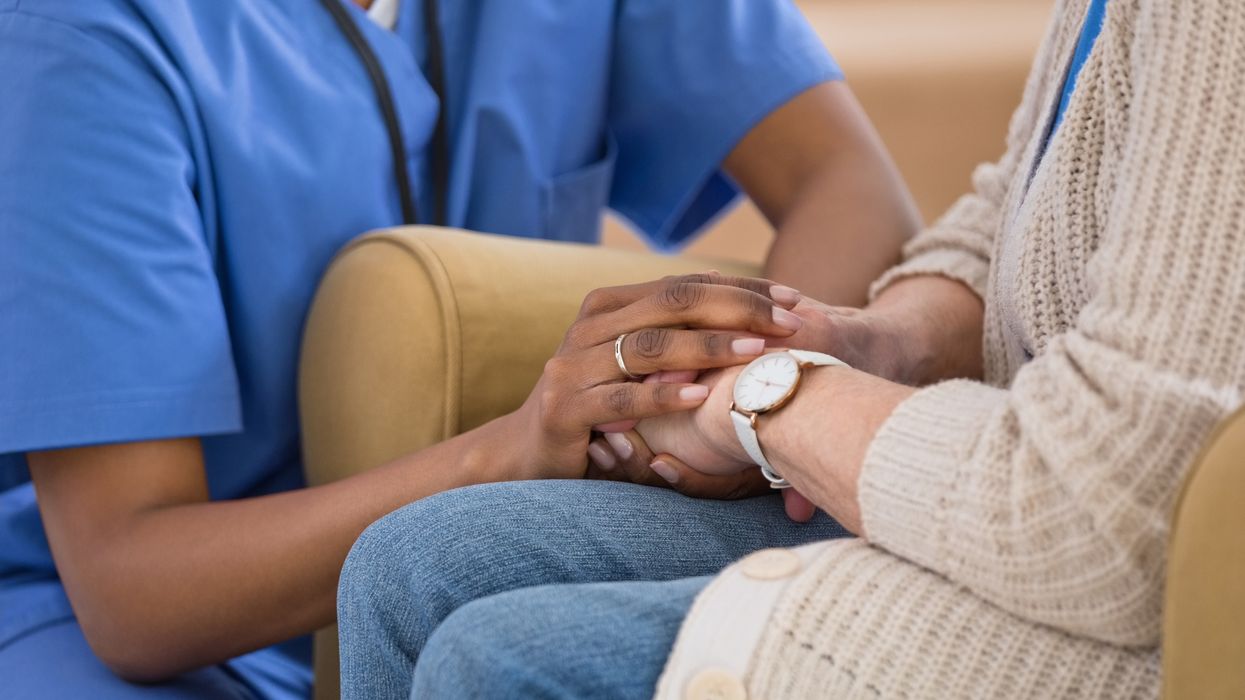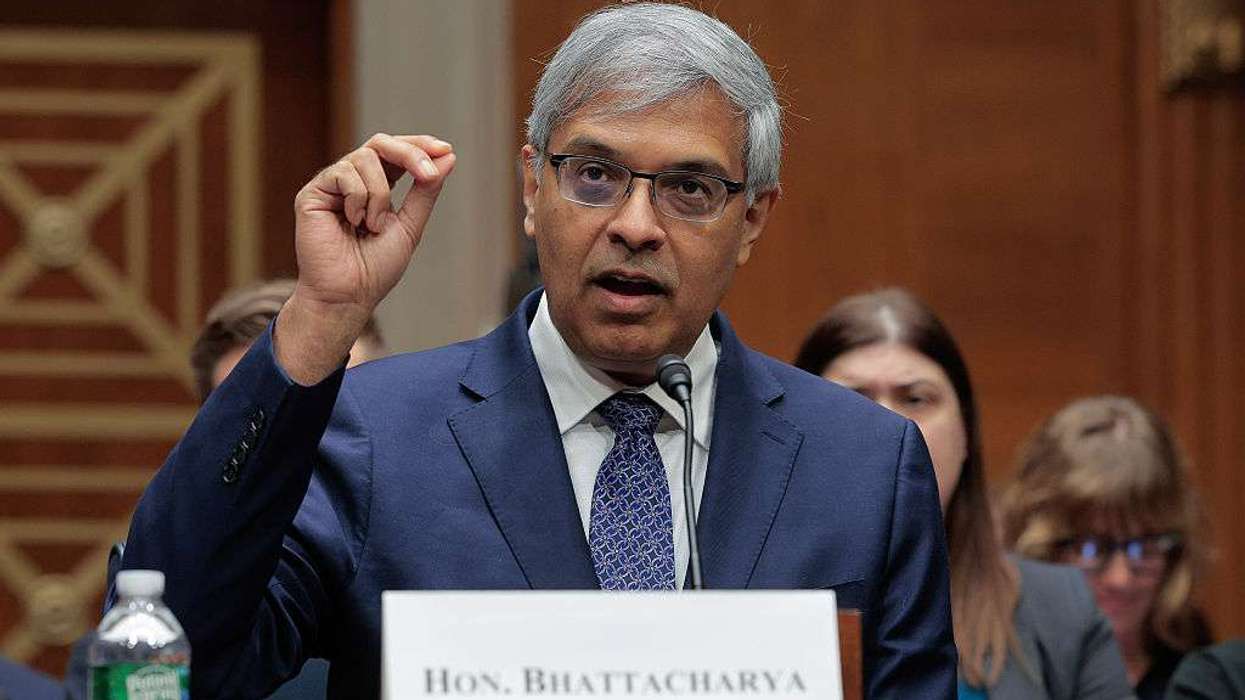In a statement on Wednesday (13), the Health Service Executive (HSE) said the effective operation of many essential health services in Ireland would be “seriously threatened” without the support of the thousands of international staff employed in the country’s hospitals and community services.
Healthcare professionals from India, Africa and other Asian countries account for 23 per cent of HSE nurses and midwives, according to the Irish public health service provider.
“The HSE unequivocally condemns all incidents of racist abuse and assaults of people from abroad, their families and the wider community. It is unacceptable. People should not be afraid to leave their house or go to work for fear of abuse,” said Anne Marie Hoey, chief people officer of the HSE.
“We are proud of our organisation’s diversity and are dependent on all our staff for the delivery of frontline, essential services… We are deeply grateful to international workers who have chosen to move their lives and families to Ireland to work with the HSE and help provide essential care and support for patients,” she said.
Hoey said the HSE was “saddened” to hear reports that some international staff, now fearful for their personal safety, are considering moving away.
“This will have a dramatic impact on staff levels and the provision of health services and should be a cause for alarm for people in this country,” she said.
The intervention came after a spate of violent assaults on Indians in the capital Dublin and other regions were reported to the Irish police force, An Garda Síochána.
Last week, the Irish Nurses and Midwives Organisation (INMO) condemned the “racially motivated abuse” of its workers and called for robust action against the perpetrators.
The Indian Embassy in Dublin earlier this month issued a safety warning after "an increase in instances of physical attacks reported against Indian citizens in Ireland recently".
Indians "are advised to take reasonable precautions for their personal security and avoid deserted areas, especially in odd hours", the embassy said in a statement.
The Irish embassy in New Delhi said it "condemns" the attacks and said it was in contact with police regarding investigations.
Local media reported that a six-year-old girl of Indian origin was assaulted and called racial slurs earlier this month in southeast Ireland.
The Irish Times also reported that an Indian taxi driver was attacked with a broken bottle by two passengers in Dublin and told to "go back to your country".
There are around 80,000 people of Indian descent in Ireland, according to various estimates – around one per cent of Ireland's population.




